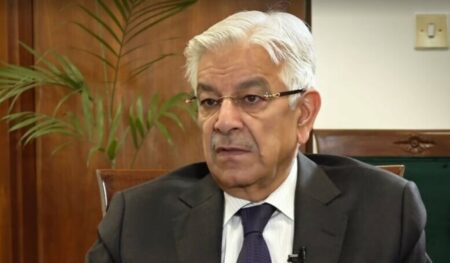Islamabad, Dec 13: The World Bank has approved $240 million in financing for the Second Karachi Water and Sewerage Services Improvement Project (KWSSIP-2) to enhance water, sanitation, and hygiene (WASH) services in Karachi.
According to Najy Benhassine, the World Bank Country Director for Pakistan, “Safely managed WASH services are the foundation of public health and quality of life and are central to addressing the stunting crisis in Pakistan.”
KWSSIP-2 will build on its predecessor project (KWSSIP-1) and expand investments in bulk water augmentation, water treatment, wastewater treatment, water distribution, and sewer network rehabilitation.
It aims to benefit around half of its beneficiaries, particularly women and youth (58% aged 15–24), as well as over half a million people living in Katchi Abadis (informal settlements).
The project aims to improve Karachi’s water supply and sewerage infrastructure, expand safe drinking water and sanitation services, and reduce the cost and time spent collecting water.
It is expected to improve public health by reducing waterborne diseases and provide long-term benefits, including enhanced financial sustainability for the Karachi Water and Sewerage Corporation (KWSC).
In addition, KWSSIP-2 will address gender disparities within the KWSC by implementing gender-inclusive recruitment strategies and providing technical training for women.
It will also create internship programs for women graduates and provide opportunities for women employees to rise to higher-grade positions.
By 2030, the project will provide safe water to nearly 16 million people and sanitation services to about 7.5 million people in Karachi.
KWSSIP-2 is part of the World Bank’s broader Pakistan Urban WASH Services Program, which aims to provide WASH services to 33.5 million people by 2035.
The project will be co-financed by the Asian Infrastructure Investment Bank, the Government of Pakistan, and the private sector, with a total investment of $759 million.
The World Bank has been assisting Pakistan since 1950, providing over $48.3 billion in funding.
